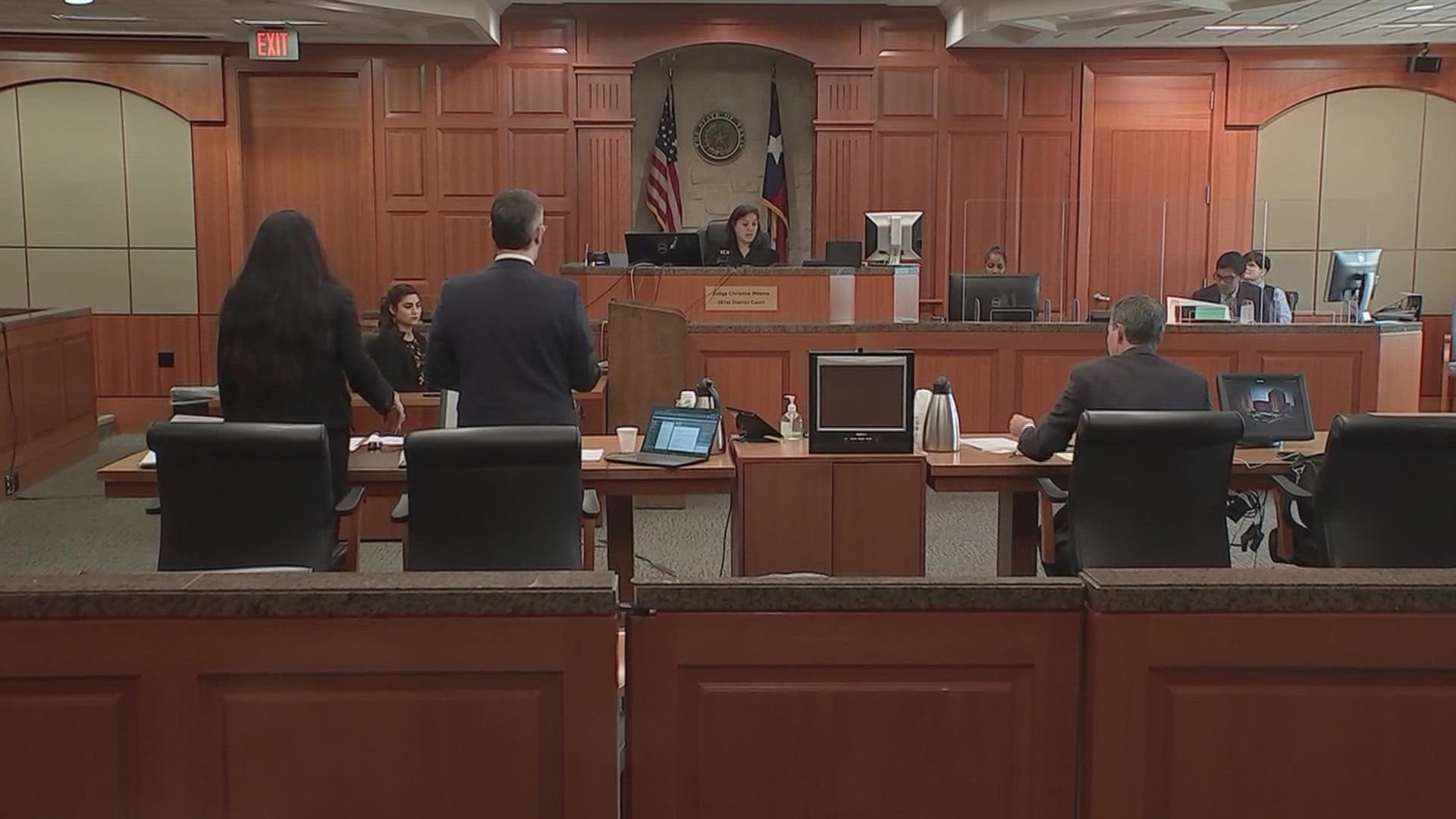HOUSTON — Abortion rights groups in Houston won a court victory Tuesday.
A Harris County judge granted a temporary restraining order to block enforcement of the state’s pre-Roe abortion ban in response to a lawsuit by abortion providers. The county attorney said the TRO will remain in effect until a July 12 hearing.
“At least for today, we can say that abortion providers cannot be prosecuted for, at least the time being, for providing abortions before six weeks for their patients," said attorney Mark Hearron, who represented the plaintiffs.
After the Supreme Court’s ruling overturning Roe v. Wade last week, several states, including Texas, have trigger laws set to go into effect in the coming weeks outlawing or severely restricting abortions.
But Attorney General Ken Paxton said Texas didn't have to wait for the trigger law because it already had a ban on the books before the original Roe v. Wade ruling nearly 50 years ago. He said SCOTUS's recent ruling means the old law can be enforced again.
Lawyers representing several abortion providers argued the state abortion ban from 1925 was removed from penal and civil codes decades ago. They pointed out that a federal appeals court upheld that decision.
“I think it’s a nonsense law, and I’m glad the court ruled the way that they did," Harris County attorney Christian Menefee said.
Menefee issued the following statement after the ruling.
“I’m glad to see that a Harris County court blocked enforcement of pre-Roe anti-abortion laws that have been on the books since the 1920s. It’s shameful that Attorney General Ken Paxton would be encouraging prosecutors to go after medical providers under laws that are clearly no longer enforceable,” said Harris County Attorney Christian D. Menefee. “It’s reprehensible that our Attorney General would invoke laws dating back to the 1920s – we all know what types of laws were on the books in the south during that time. Our state leadership should not be trying to take Texans back to those times.”
The Texas’ trigger law automatically goes into effect 30 days after the Supreme Court issues its judgment overturning Roe v. Wade, which typically comes about a month after the opinion is issued.
Experts tell us it will still be several weeks before the actual judgement is finalized so the ban in Texas would go into effect 30 days after that.
But even then, KHOU 11 legal analyst Carmen Roe says local district attorneys will decide if they pursue criminal charges related to abortions.
"Democratic District Attorneys who are elected have said pretty much generally that they are not going to enforce the law whereas in Republic District Attorney areas they have said clearly that they will enforce the law,” Roe said.
It's unclear what or how the state could do if a local authority refuses to enforce the laws which make performing or assisting in an abortion, a felony.

